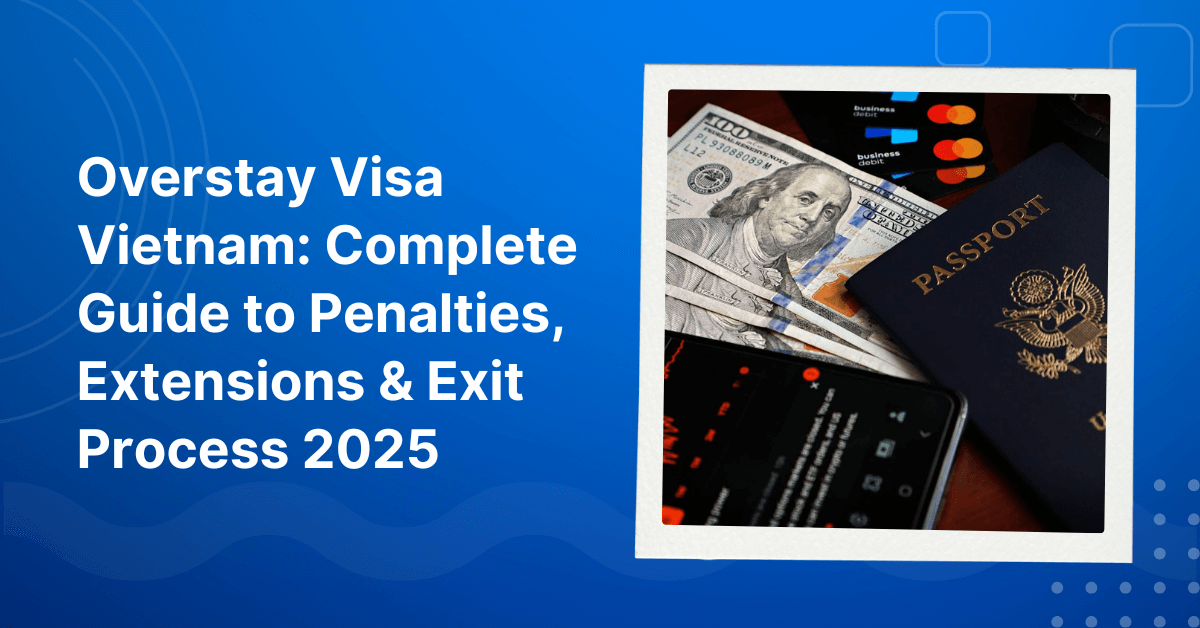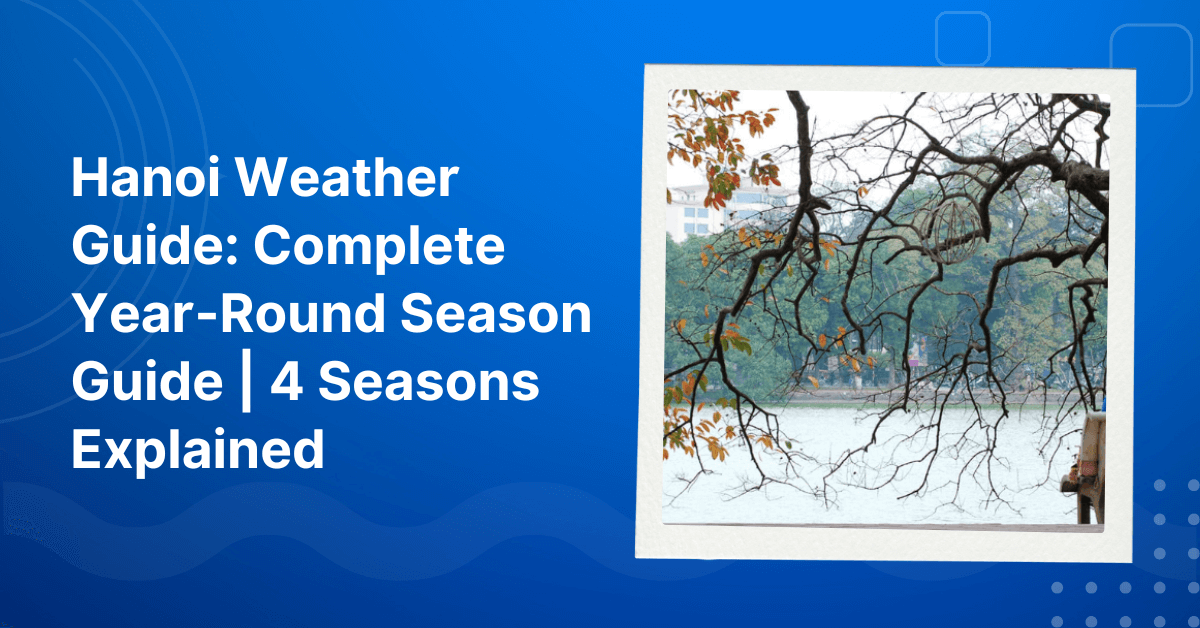Learning basic Vietnamese phrases is essential for daily life in Vietnam, helping you communicate effectively, negotiate better prices, and show cultural respect to locals. When arriving in a new country it is always a nice thought to learn some of the native language which is no exception in Vietnam.
Whilst the amount of Vietnamese and the level of which they speak English at is sharply on the rise, it is always worth knowing a few key phrases to help you get by, especially when teaching the basics of English. If you look in any parks in the busier areas within the main cities, local teenage students can be found try to strike up a conversation with westerners to practice their English; it’s refreshing to see.
Why Should You Learn Vietnamese Phrases?

Learning Vietnamese phrases offers practical benefits including better prices at markets, enhanced cultural respect, and improved daily interactions with locals. There are many compelling reasons to invest time in learning common Vietnamese expressions:
Cultural Connection and Respect
Haggling the price of something at a market in Vietnamese can often see the vendor lowering the usual going tourist rate and is often accompanied with a smile; they respect the attempt of conversing in their language (or because they know you are an Expat!). This cultural appreciation goes a long way in building positive relationships with Vietnamese people.
Practical Daily Benefits
There are many benefits to learning common phrases to help living everyday life in Vietnam. From ordering food to asking for directions, basic Vietnamese knowledge makes daily tasks significantly easier and more enjoyable.
Enhanced Teaching Experience
Whereas teachers are often asked to communicate in English during teaching time, it’s useful to know some basic language in Vietnamese, especially for younger children that may not know the English equivalent.
Discover Related Guides: How To Use Grab Taxi in Vietnam + Alternatives: A Complete Guide
Understanding Vietnamese Language Basics

Vietnamese uses a 29-character alphabet (excluding F, J, W, Z) with crucial tonal pronunciation that completely changes word meanings. Understanding these fundamentals will help you master the phrases more effectively.
The Vietnamese Alphabet
The Vietnamese alphabet does not contain the letters F, J, W and Z, however they have more characters than the English alphabet at 29. This is due to the accents on certain letters that produce a different sound.
Importance of Tone
The pronunciation and the tone of the word is extremely important, especially for a singular word that is out of context. By saying the same word and ending on a higher tone, could mean something completely different to not keeping the same tone. The only similarity I can think of in the English language is the tone of how a question is raised, for example:
- “Go to the shop and get me some milk.” (statement)
- “Go to the shop and get me some milk?” (question)
These will be said differently in this way, similar to Vietnamese tonal variations.
Read Another Article: Traditional Vietnam Wedding Dress: 3 Stunning Styles & Cultural Significance
Essential Vietnamese Phrases by Category

These 18 fundamental Vietnamese phrases cover greetings, classroom commands, numbers, shopping, and common responses needed for daily communication.
Greetings and Basic Courtesy
| Vietnamese | Pronunciation | English |
|---|---|---|
| Xin Chào / Chào | [Sin – Chao / Chao] | Hello / Hi |
| Bạn khỏe không | [Ban – Ko – Kong] | How are you? |
| Tôi tên là… | [Toi – ten – la] | My name is… |
| Làm ơn | [Lam – on] | Please |
| Cảm ơn/Cám ơn | [Cam – on] | Thank you |
| Xin lỗi | [Sin – loy] | Sorry |
| Tạm biệt | [Tam – Biet] | Goodbye or bye |
Essential Classroom Commands for Teachers
| Vietnamese | Pronunciation | English |
|---|---|---|
| Nghe | [Nng] | Listen |
| Đọc | [Doc] | Read |
| Viết | [Viet] | Write |
| Nhìn | [Nhin] | Look |
| Bằng tiếng Anh? | [Bang – ting – an] | In English? |
Numbers 1-10
| Number | Vietnamese | Pronunciation |
|---|---|---|
| 1 | Một | [Mot] |
| 2 | Hai | [Hi] |
| 3 | Ba | [Ba] |
| 4 | Bốn | [Bon] |
| 5 | Năm | [Nam] |
| 6 | Sáu | [Sau] |
| 7 | Bảy | [Bye] |
| 8 | Tám | [Tahm] |
| 9 | Chín | [Cheen] |
| 10 | Mười | [Mui] |
Pro tip: To say numbers from 11-99, just put the two numbers required together. For example:
- 25 = Hai – Năm (2-5)
- 47 = Bốn – Bảy (4-7)
Shopping and Bargaining Phrases
| Vietnamese | Pronunciation | English |
|---|---|---|
| Bao nhiêu? | [Bao – Nee-u] | How much? |
| Mắc quá | [Mack – Kwa] | Too expensive |
Common Responses
| Vietnamese | Pronunciation | English |
|---|---|---|
| Vâng/Có | [Vung or Cah] | Yes |
| Không | [Kong] | No |
| Tôi không hiểu | [Toy – kong – hue] | I do not understand |
Explore More Content: Teacher Working Hours Per Year: Complete Guide By Country (2025 Update)
Tips for Using Vietnamese Phrases Effectively

Practice pronunciation slowly, focus on tones, and don’t be afraid to make mistakes – Vietnamese people appreciate your effort to learn their language.
Pronunciation Guidelines
- Start by speaking slowly and clearly
- Pay special attention to tonal variations
- Practice with native speakers when possible
- Use gestures to supplement your verbal communication
Cultural Etiquette
- Always start with a greeting when entering shops or restaurants
- Use “please” and “thank you” frequently
- Smile when attempting to speak Vietnamese – locals appreciate the effort
- Don’t be discouraged by pronunciation challenges
Mastering these 18 essential Vietnamese phrases will significantly enhance your daily life in Vietnam, from improved market negotiations to deeper cultural connections with locals. Whether you’re teaching English, exploring local markets, or simply navigating daily life, these fundamental expressions provide a solid foundation for communication.
The key to success is consistent practice and patience with yourself as you learn the tonal nuances of Vietnamese. Remember that locals will appreciate your efforts, even if your pronunciation isn’t perfect. Start with these basic phrases and gradually expand your vocabulary as you become more comfortable with the language.
Special Opportunity for English Teachers in Vietnam
🌟 Are you facing difficulties in finding and securing teaching positions in Vietnam? Are visa procedures causing you trouble? Feeling overwhelmed and directionless upon your arrival in Vietnam for teaching assignments?
Don’t worry, VTJ’s English Teaching Placement in Vietnam (EPIV) Program 2024 provides comprehensive support to solve ALL the matters.
👉👉👉 Click HERE to request free consultation






